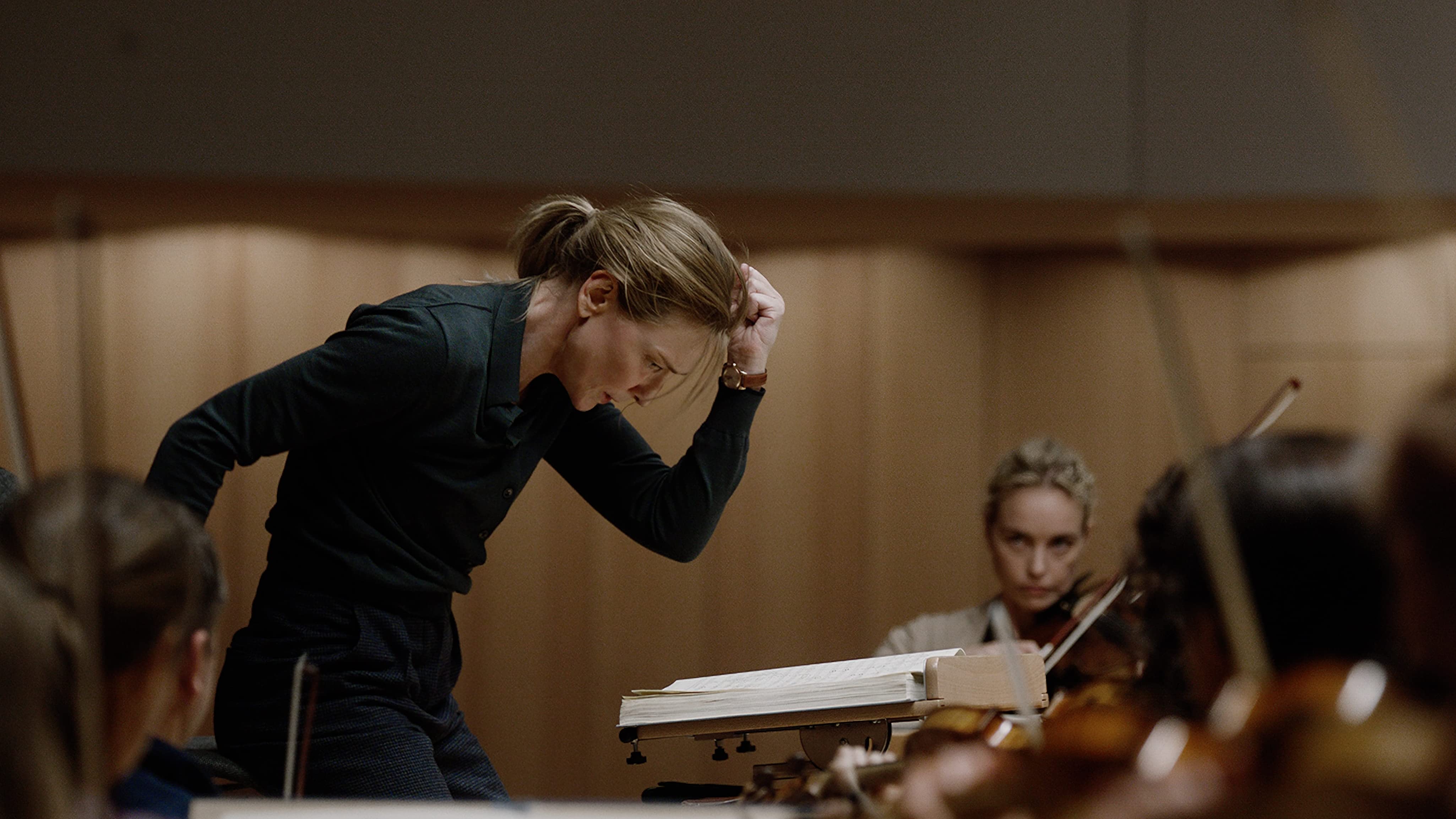The cellist who turned into a top countertenor
OperaBejun Mehta, a second cousin of the conductor, was a boy soprano for Leonard Bernstein who became ‘a just average baritone’, on the point of givng up. Then he took up the cello and a record producer, sharing a Grammy for Janos Starker’s 1997 Bach Suites recording.
At third change Bejun became an international vocalist.
He talks to Zsolt Bognar on Living the Classical Life.






Comments